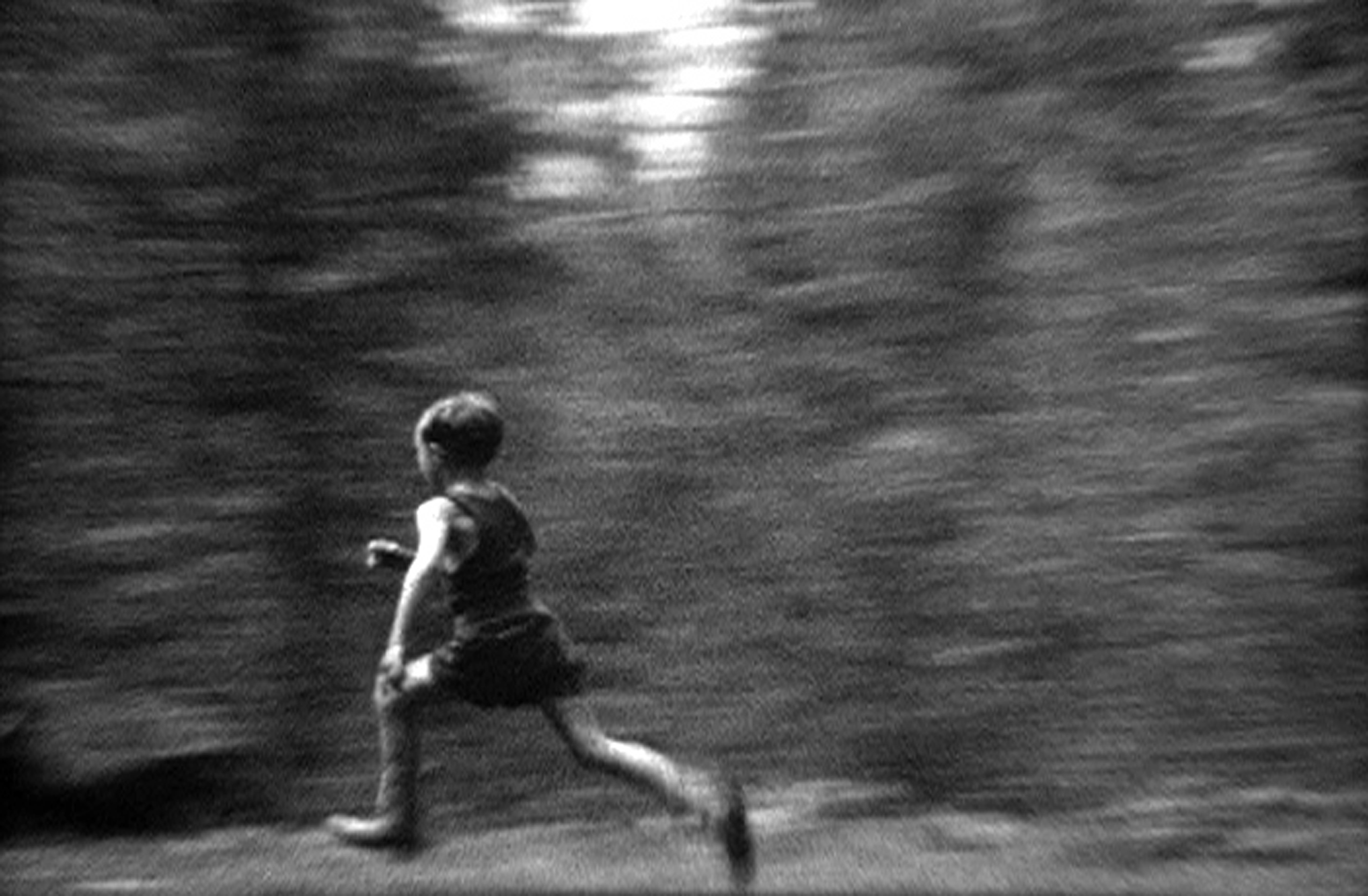Pictured above: Remote Intimacy (2007) by Sylvia Schedelbauer
Visit our Facebook Event Page
Admission: $10 General/$6 Cinematheque Members
Advance tickets here.
In the films of Sylvia Schedelbauer, personal internal reverie and expansive cultural history collide. Assembled largely from deeply researched archival footage and radically edited (in an elegantly flickering style entirely her own), Schedelbauer’s films present a strikingly visual space of interiority in which dreams, personal biography, collective memories and family histories fuse to form a complicated vision of fragmented transnational identity in the context of 20th Century history. Visiting from Berlin, Schedelbauer appears in person to present a retrospective of recent films 2007–2018 including: False Friends (2007); Remote Intimacy (2007/2008); Way Fare (2009); Sounding Glass (2011); Sea of Vapors (2014) and Wishing Well (2018).
[The films of] Sylvia Schedelbauer’s [stage] confrontations between images and their histories. Through associational and oppositional editing strategies, she constructs dynamic images which seem to appear at the borders of vision and the limits of knowledge, filling in material and perceptual gaps that instantly reveal other blank spaces and unanswered questions: social histories collide with personal memories. By employing collage techniques and toying with said voids, Schedelbauer’s films reveal the world in a perpetually unsettled state of flux and travers into liminal zones where time and space collapse. (James Hansen: Women to Watch: Sylvia Schedelbauer. Cléo: a journal of film and feminism)
It is the act of combining as much as it is the act of selection that distinguishes Schedelbauer’s work with found footage though—hybridity is an essential component of what she does, blending two or more pieces of film to create a third, a fourth etc. This spawning of new material is a process of transformation that takes place on screen, each film living out a perpetual becoming, each precipice replacing the last. These shots exaggerate the ‘evanescence’ of the film image, the quality that places us as viewers under the command of the filmmaker who ultimately decides how long we see each shot and what it will be replaced by. This is a position that Schedelbauer assumes with unparalleled care, time and consideration, ensuring at every turn that the fragments she has unearthed for us always merit a second, much closer look. (Alice Butler: Grazer Kunstverein)
